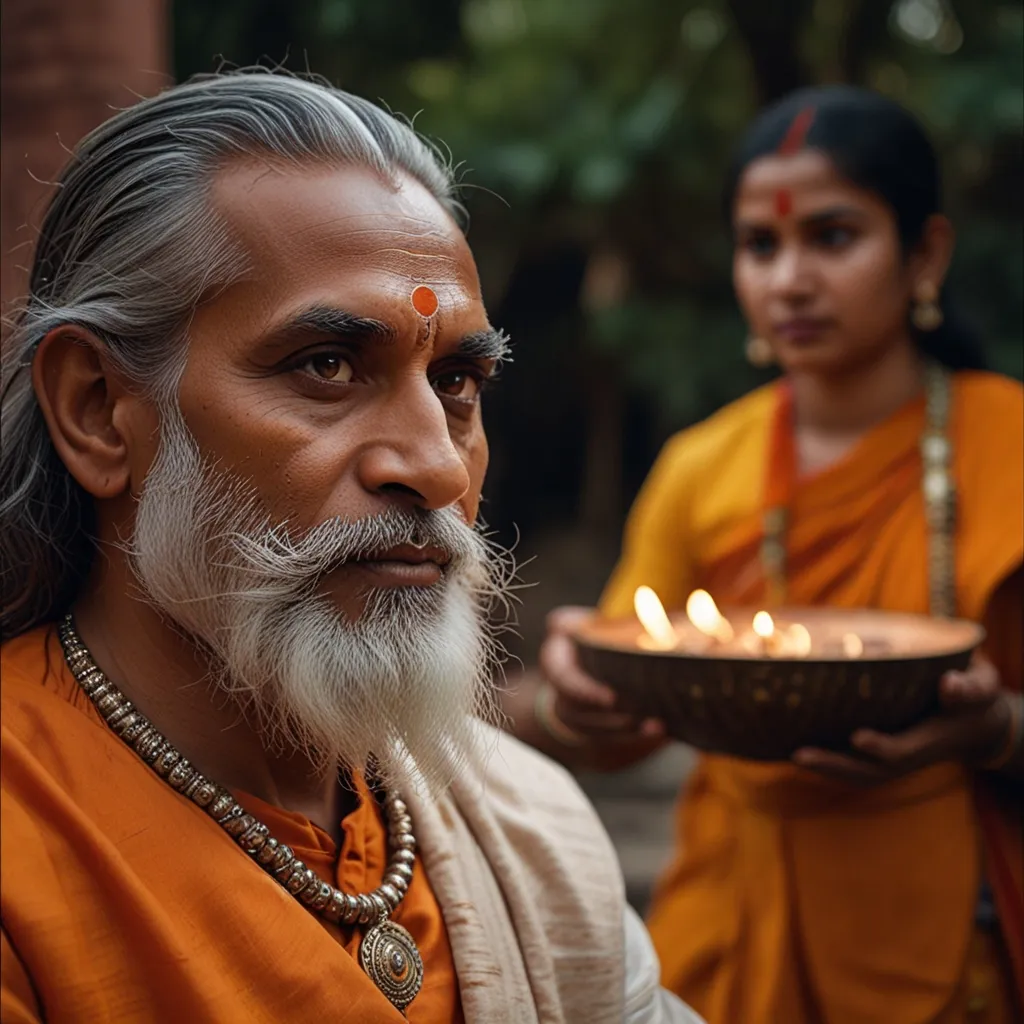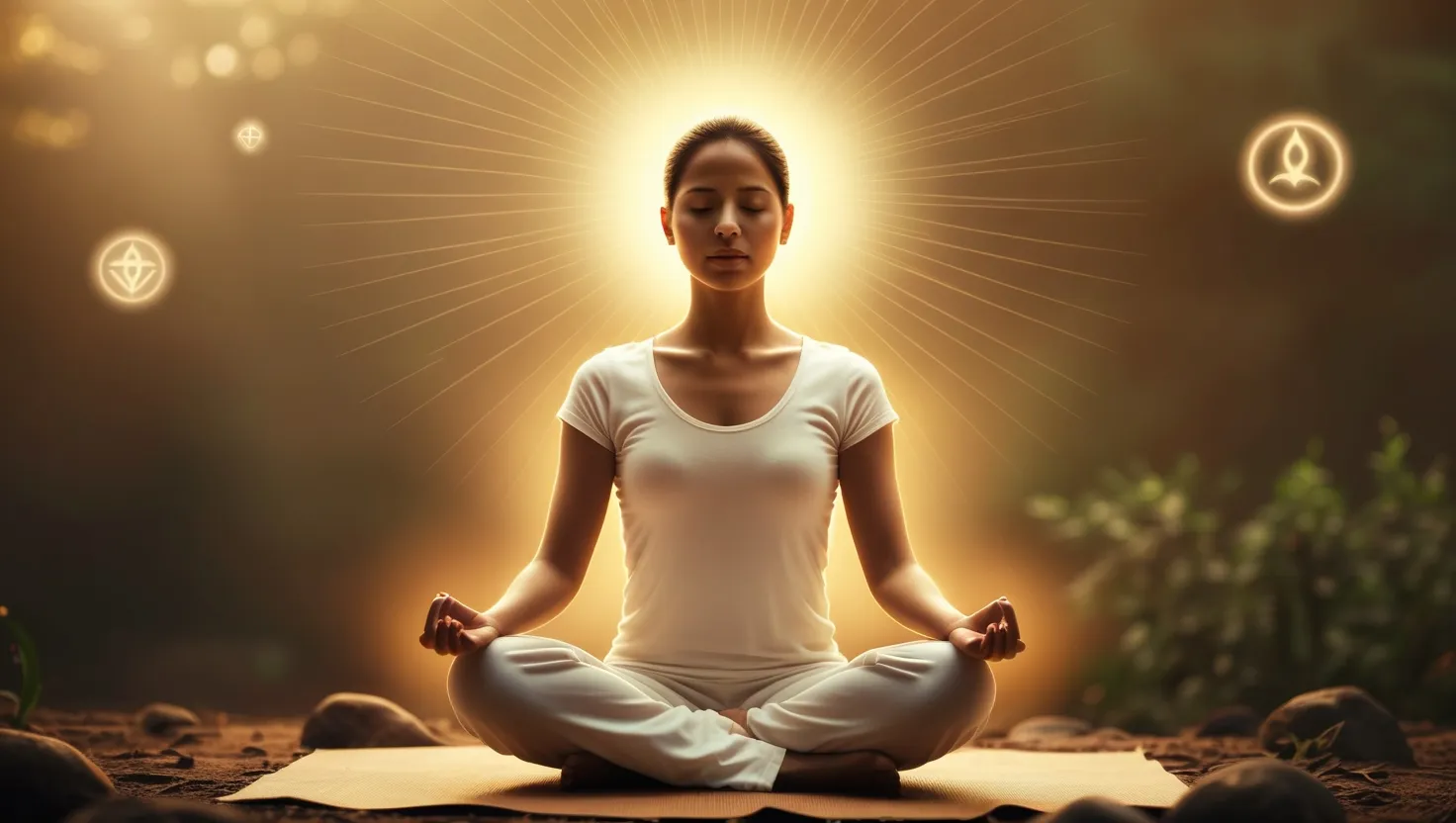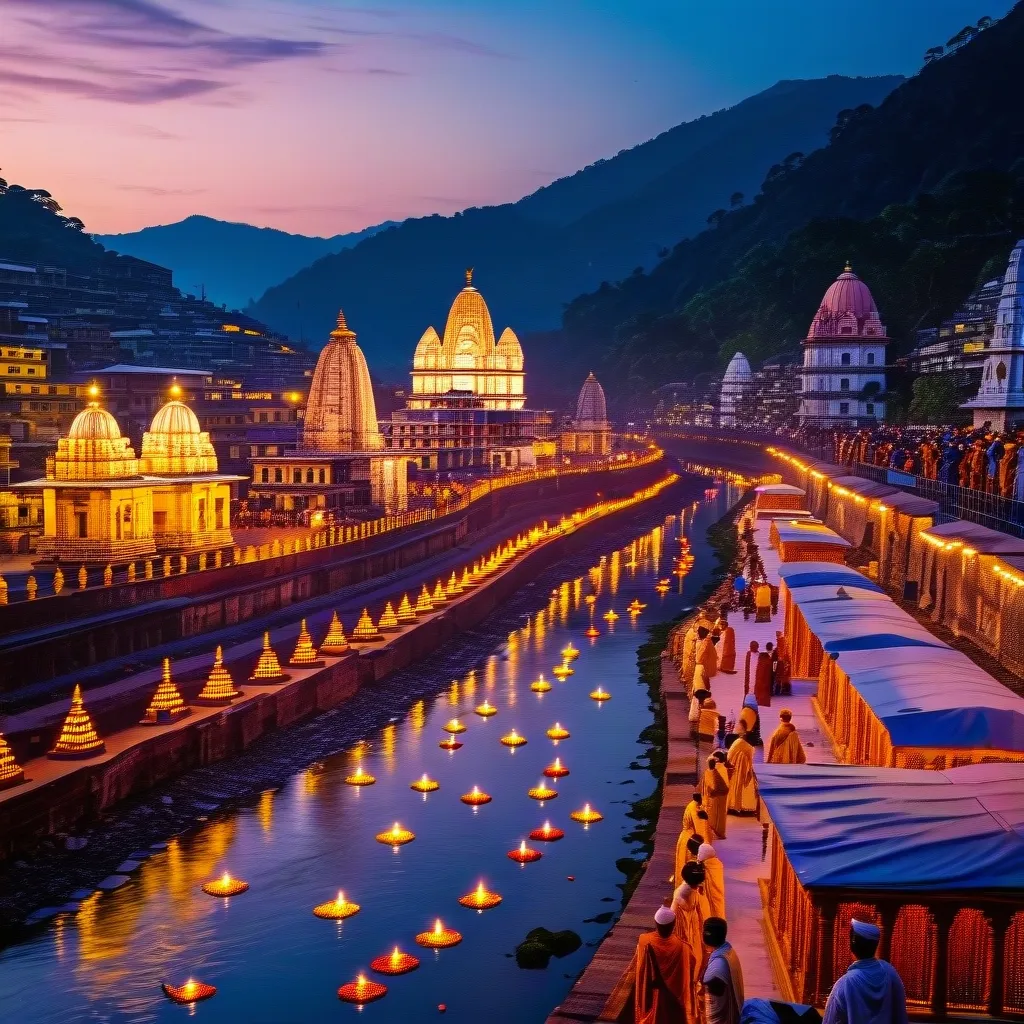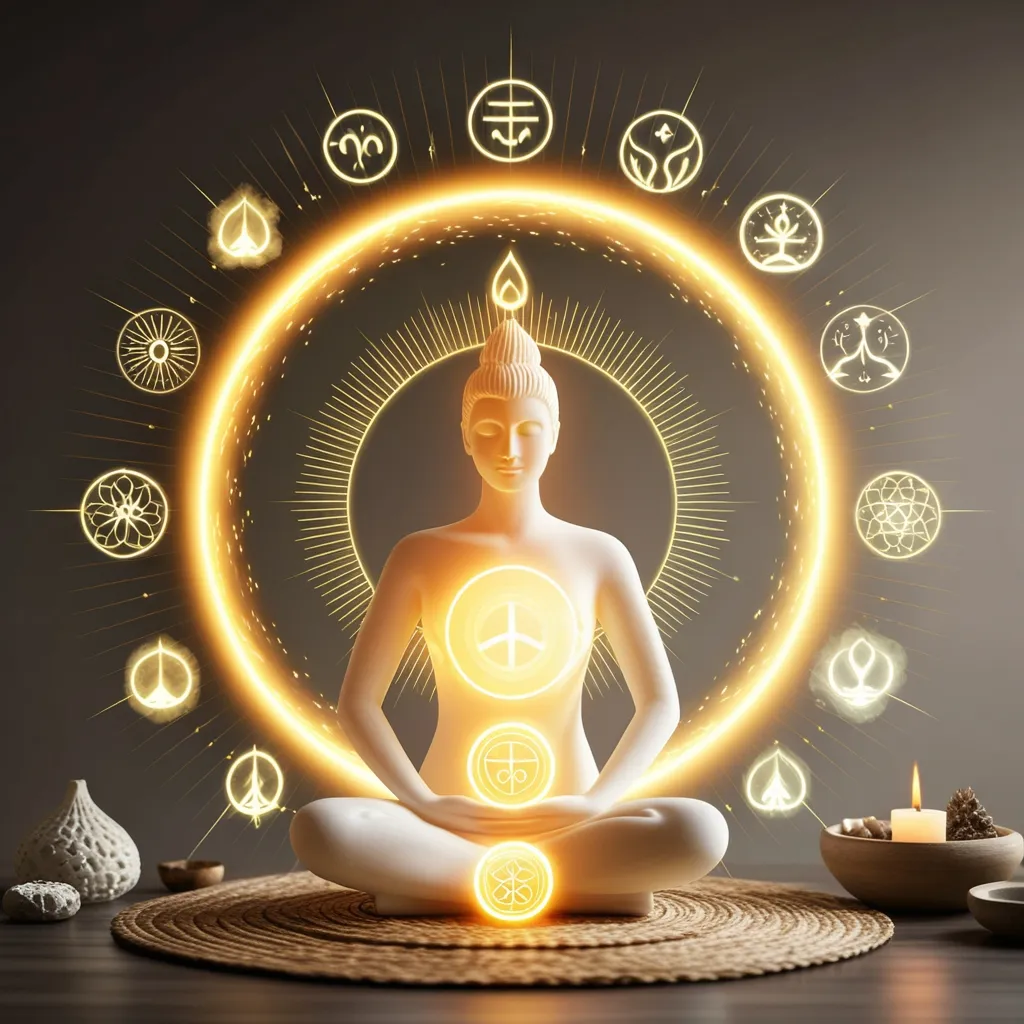Hinduism, a vibrant and ancient religion, stretches back thousands of years, offering a wealth of tradition and spirituality. Central to Hindu life are its sacred texts, seen as divine guidance on one’s spiritual path.
The Vedas are the oldest and most honored texts, crafted between 2000 and 1500 BCE. They comprise hymns, prayers, and ritual guidelines, divided into four main sections: Rig Veda, Yajur Veda, Sama Veda, and Atharva Veda. Despite their age, these texts are still recited and studied, offering glimpses into early Hindu thoughts and practices.
These Vedas are revered as “revealed texts,” believed to be divine revelations to ancient sages. They include hymns to gods like Indra and Agni, key figures in early Hindu worship. Philosophical musings within the Vedas form the backbone of Hindu ideology.
Alongside the Vedas, the Upanishads delve deeper into philosophical realms, discussing the universe and the self. Key concepts like Brahman (ultimate reality) and Atman (individual self) are explored. The Upanishads are seen as the pinnacle of the Vedic tradition and remain pivotal for both scholars and spiritual seekers.
Hinduism also boasts two epic tales: the Mahabharata and the Ramayana. Far from simple storytelling, these epics embed profound moral and spiritual lessons. The Mahabharata, the longest poem worldwide, narrates the Pandava brothers’ saga against their Kaurava cousins. Its integral part, the Bhagavad Gita, is a sacred dialogue between Arjuna and the god Krishna.
The Ramayana follows Rama, an avatar of the god Vishnu, on his quest to reclaim his kingdom from the demon king Ravana. These epics are more than just narratives; they serve as ethical guides on duty, loyalty, and the eternal clash of good and evil.
Then there are the Puranas, which emerged later, packed with stories of gods, goddesses, and devotional practices, enriching Hindu mythology and showcasing the evolution of Hindu beliefs.
Tantras also surfaced around this time, emphasizing ritual and spiritual disciplines, from yoga to meditation and energy harnessing for spiritual growth. These influenced Jainism and Buddhism as well.
Oral transmission has kept Hindu sacred texts alive for centuries, preserved by the Brahmin priests. This tradition ensures these texts are vibrant and relevant, despite being written down and translated.
Hindu texts are integral to daily rituals, ceremonies, ethics, and more. They inspire art, literature, music, and dance, influencing legal systems and social frameworks within Hindu communities. These texts are the heartbeat of Hinduism, offering identity and purpose.
Studying these texts provides a lens to understand global politics, thoughts, and cultures. Religion shapes lives profoundly, and Hinduism’s sacred texts offer immense wisdom and inspiration for anyone keen to explore this ancient faith. They are living documents, continuing to shape beliefs and practices today.






